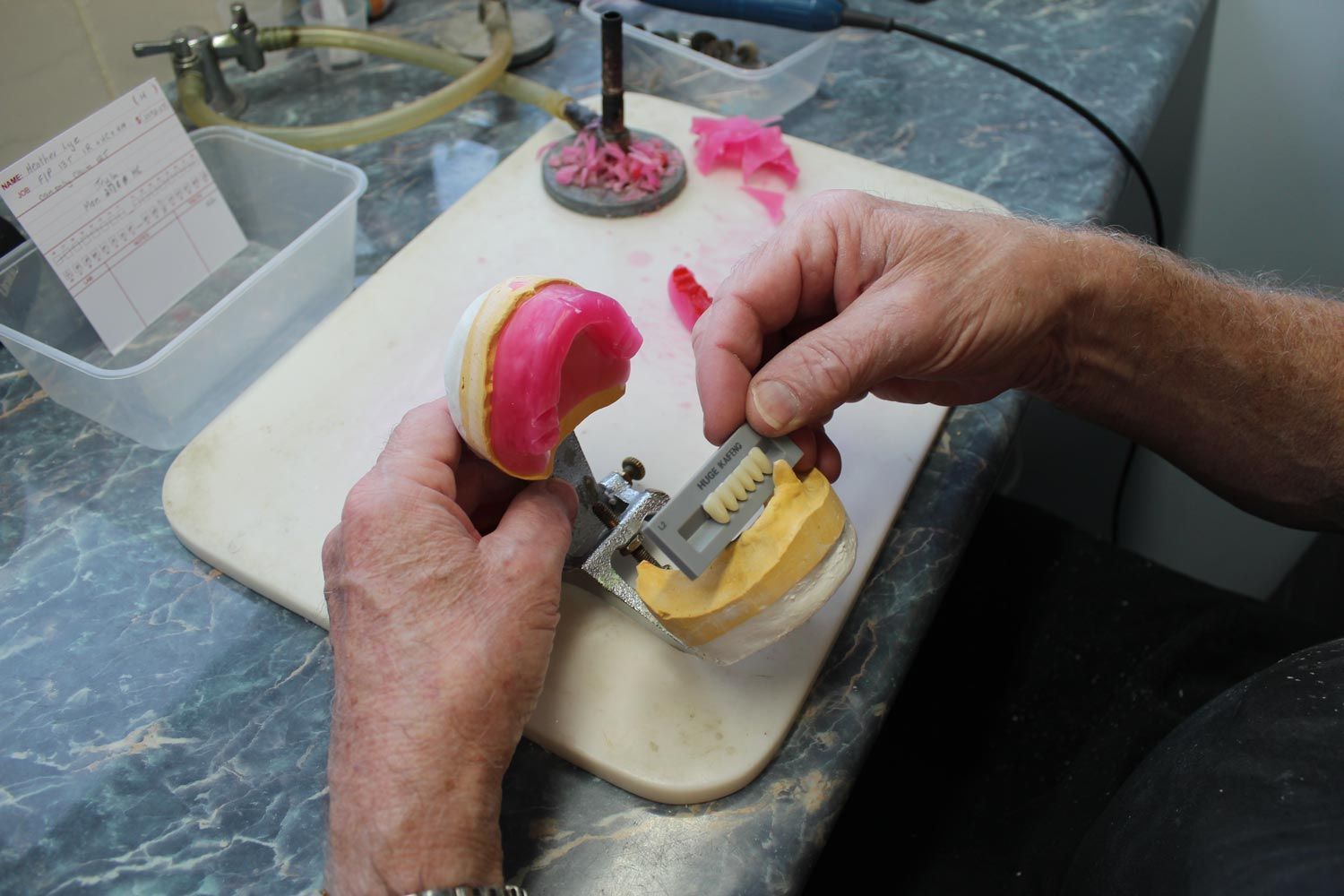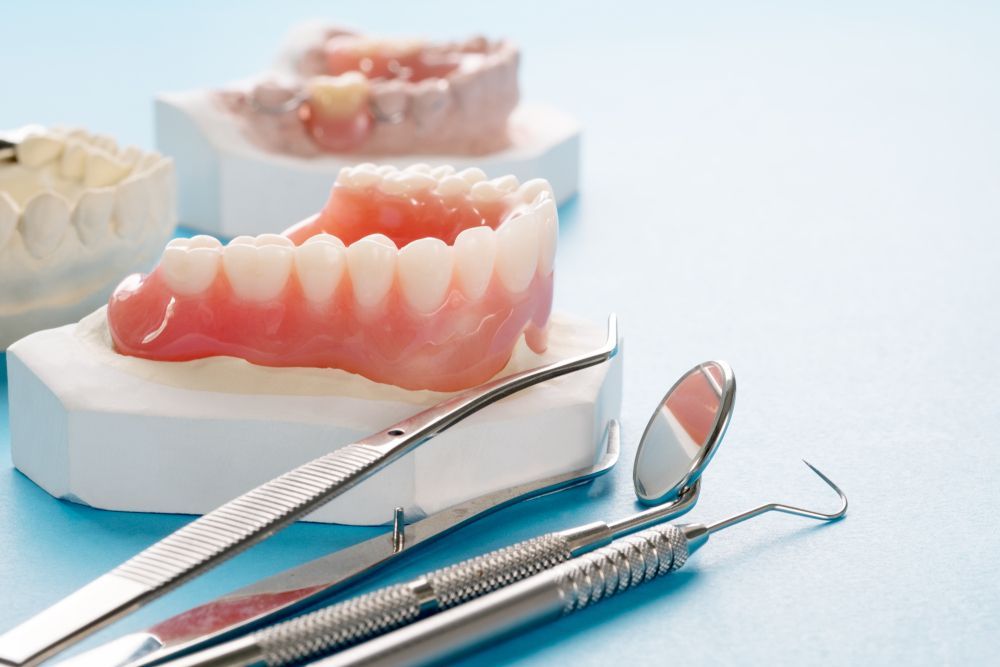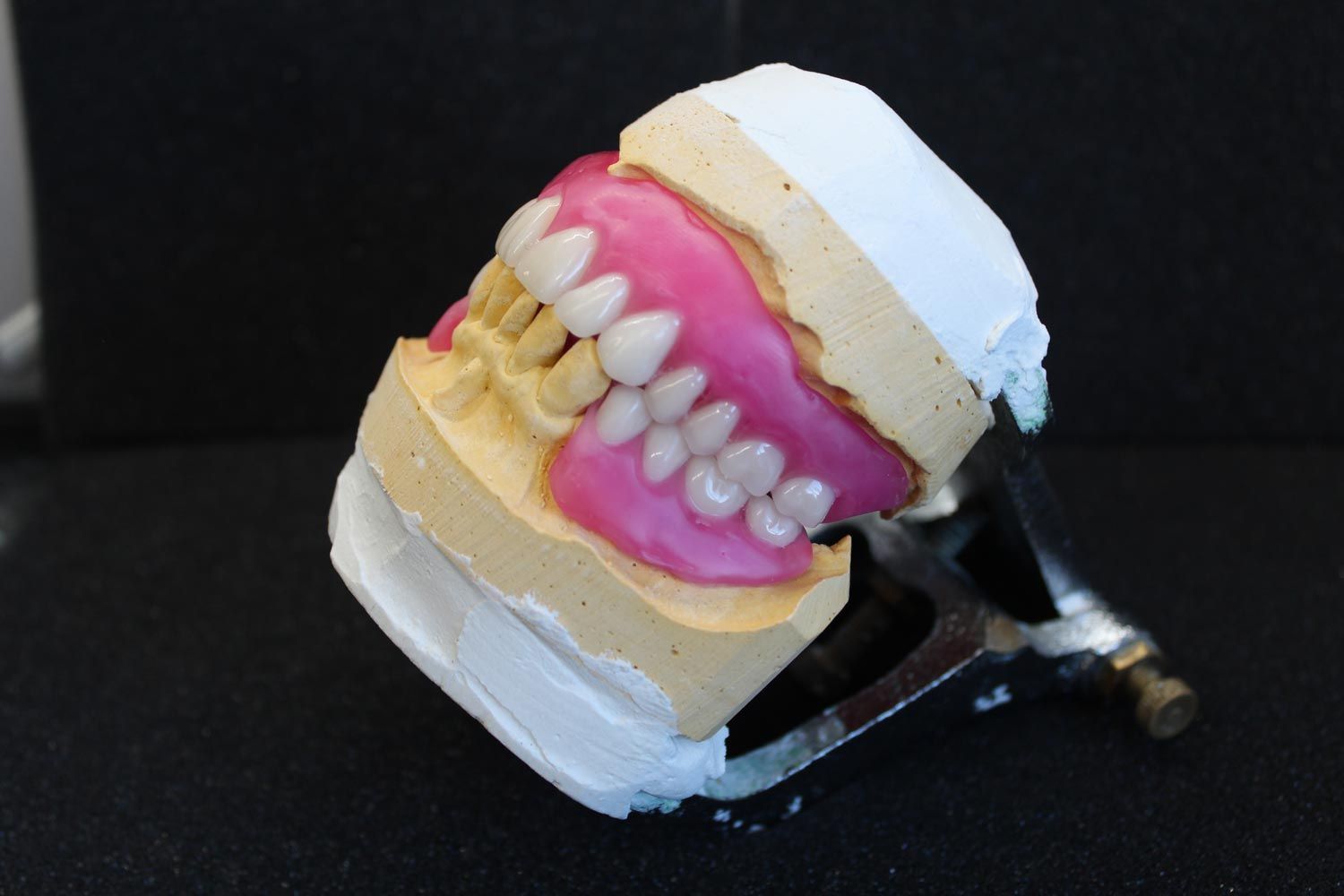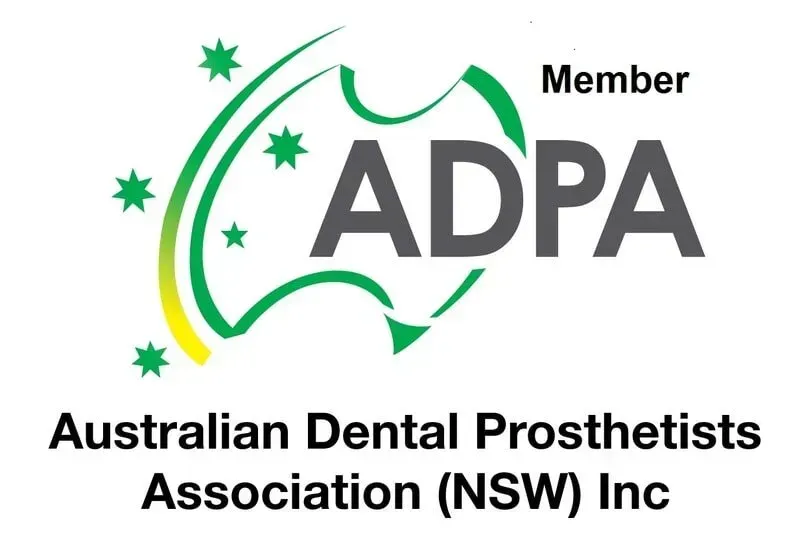The Importance Of Regular Denture Maintenance & Check-ups
Living with dentures can restore confidence in everyday life, making meals more comfortable and conversations easier. But just like natural teeth, dentures need regular attention to remain in good condition. Maintenance and scheduled check-ups support not only the function of dentures but also overall oral health. Understanding the value of this care is essential for anyone with dentures on the Central Coast.
This blog explores why routine maintenance is important, the benefits of check-ups, and how different types of dentures require tailored attention. Whether you’re new to dentures or have been wearing them for years, these insights will help you appreciate the role of ongoing care in keeping them working well for longer.
Supporting Oral Health with Regular Maintenance
Dentures sit directly on gum tissue, affecting oral health if improperly maintained. Over time, plaque, food debris, and bacteria can build up on the surface. Cleaning them daily at home is important, but professional cleaning offers deeper care beyond what a toothbrush and soak can achieve.
Key points about maintenance:
- Removes hardened deposits that daily brushing might miss.
- Helps keep dentures looking presentable by polishing away surface stains.
- Supports gum health by reducing bacterial build-up around the base.
Professional maintenance is especially useful for spotting subtle signs of wear or damage, which might not be obvious at home. Combining at-home care with periodic in-clinic cleaning offers a balanced approach to denture hygiene.
Why Check-Ups Matter for Central Coast Dentures
Even if dentures feel comfortable, regular check-ups remain important. Gums and jawbones naturally change over time, which can alter the fit of dentures. A check-up provides an opportunity to detect changes before they lead to ongoing irritation.
During a check-up, a clinician may:
- Assess whether the denture fit is still appropriate.
- Check for sore spots or irritation caused by pressure points.
- Examine oral tissues for changes that may need closer monitoring.
These visits are not only about dentures. They also reassure that oral tissues remain healthy and that the appliance is in harmony with natural structures.
Extending the Lifespan of Dentures
Dentures are a significant investment, and maintenance can help extend their longevity. While no denture lasts forever, regular care reduces the likelihood of premature replacement.
Ways maintenance contributes to lifespan:
- Repairing small cracks before they spread into larger fractures.
- Replacing worn acrylic bases that have become thin or brittle.
- Polishing surfaces to restore smoothness and reduce plaque build-up.
Most dentures will eventually need replacement, but addressing small problems along the way makes them more comfortable to wear and allows for a smoother transition to new appliances when the time comes.
Comfort & Fit: Key to Everyday Confidence
A comfortable fit makes a big difference in daily life. Poorly fitting dentures can rub against gums, create sore spots, or even slip while speaking. Adjustments during maintenance and check-ups help correct these issues.
Fit-related adjustments may include:
- Relining, which reshapes the base to match the current gum contour.
- Rebasing, where a new base is created while keeping the existing teeth.
- Minor reshaping to remove pressure points or reduce rocking.
A well-adjusted denture can support clearer speech and make mealtimes less stressful, helping wearers feel confident in social situations.
Different Types of Dentures & Their Care Needs
Not all dentures are the same, and each type requires a slightly different approach to care. Knowing the differences helps wearers understand why routine check-ups are so valuable.
- Full dentures: Cover the entire arch, which may require periodic relining as gums naturally remodel.
- Partial dentures: Rely on remaining teeth for support, so the denture and natural teeth need monitoring.
- Implant-supported dentures: Attach to implants in the jawbone, requiring both denture and implant checks.
- Immediate dentures: Placed soon after tooth removal and usually adjusted more often in the first year.
Each type has its strengths, but all benefit from regular assessment. Understanding how care varies across designs also helps when considering new denture options in the future.
The Role of Adjustments in Long-Term Wear
Over the years, bone resorption in the jaw naturally changes the shape of the mouth. This gradual process affects how dentures fit, even if they were originally made to match perfectly. Adjustments are a practical way to keep them usable.
Adjustment benefits include:
- Reducing gum irritation from shifting dentures.
- Improving bite alignment for more comfortable chewing.
- Supporting clearer speech by correcting looseness or rocking.
Timely adjustments also prevent uneven pressure on the base, which can contribute to fractures or accelerated wear.
Signs It’s Time for a Denture Check-Up
While routine visits are recommended, certain signs indicate an appointment should be booked sooner rather than later. Recognising these signals can help prevent small issues from escalating.
Common warning signs include:
- Persistent sore spots on gums or cheeks.
- Clicking or slipping while speaking.
- Food regularly lodging underneath the base.
- Visible cracks, chips, or wear on teeth.
- Changes in facial appearance, such as sagging around the mouth.
Prompt attention to these signs often allows for a straightforward solution, such as a reline or repair, instead of a complete remake.
Building a Long-Term Care Routine
Living with dentures is easier when there’s a consistent care routine. Combining daily cleaning, safe storage, and regular check-ups creates the foundation of successful denture use.
A balanced care routine includes:
- Cleaning dentures daily with a soft brush and mild cleaner.
- Storing them in water or denture solution overnight to prevent drying and warping.
- Scheduling check-ups every year, or sooner if changes are noticed.
- Reporting any discomfort or sudden changes promptly to a denture clinic.
Adopting these habits helps keep dentures comfortable and functional over the long term.
Talk to Our Team About Central Coast Dentures Today
Regular maintenance and check-ups are important for living comfortably with dentures. They help maintain oral health, support long-term comfort, and allow for early intervention when issues appear. Whether you wear full, partial, or implant-supported dentures, ongoing care is key to making the most of them.
At Toukley Denture Clinic, we provide new dentures, relines, repairs, cleaning, and mobile visits. If transport is difficult, we can bring our service to you. Get in touch with us to book a check-up or discuss your denture needs today.








